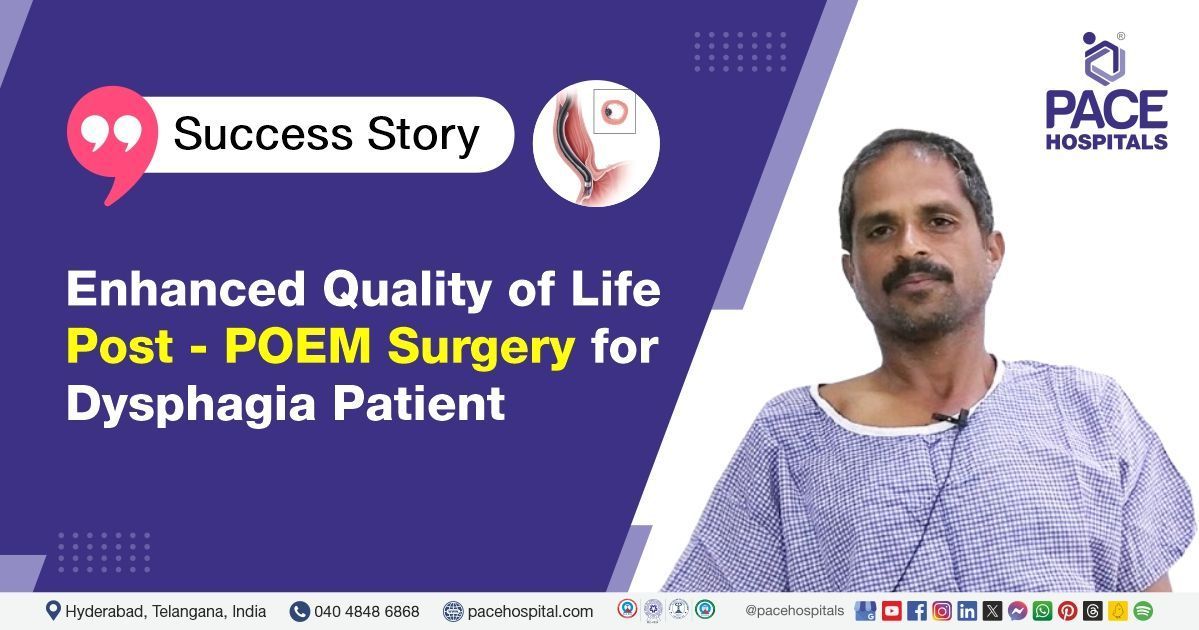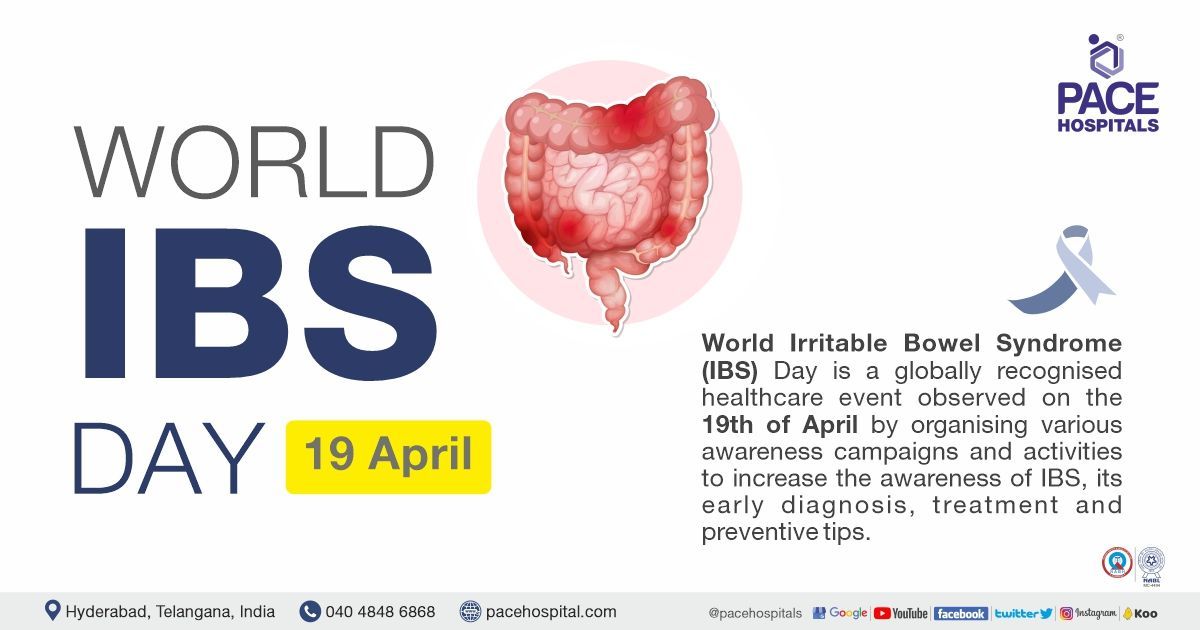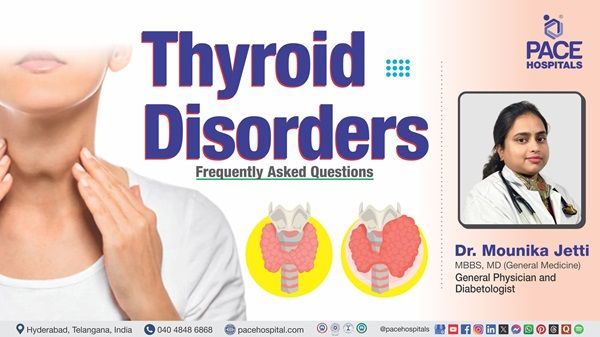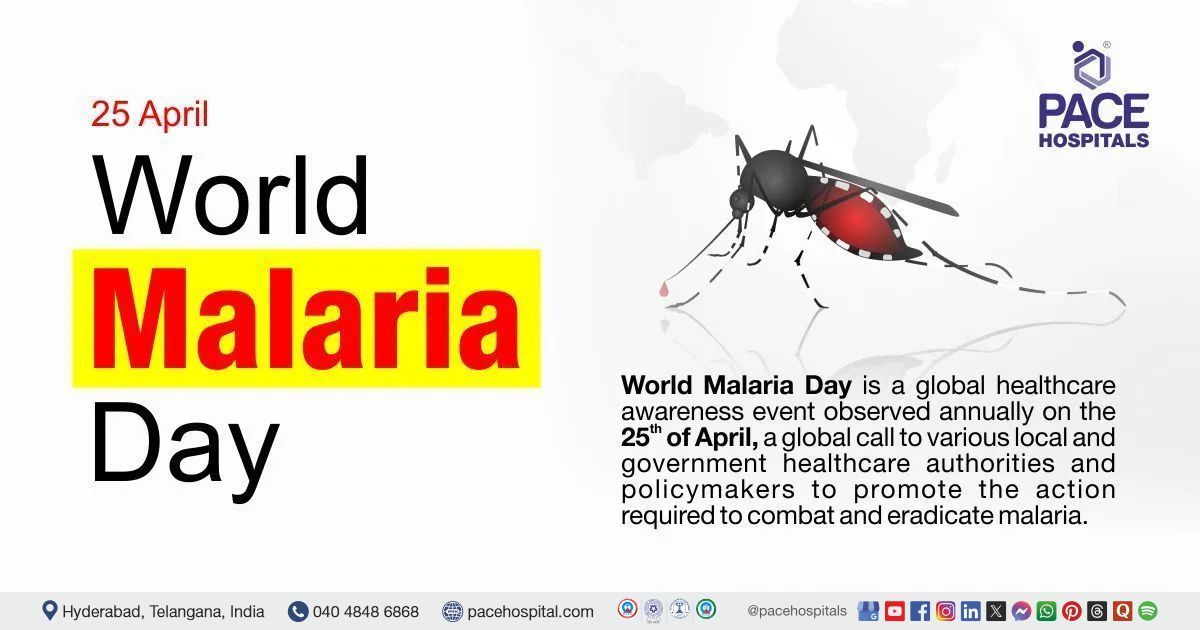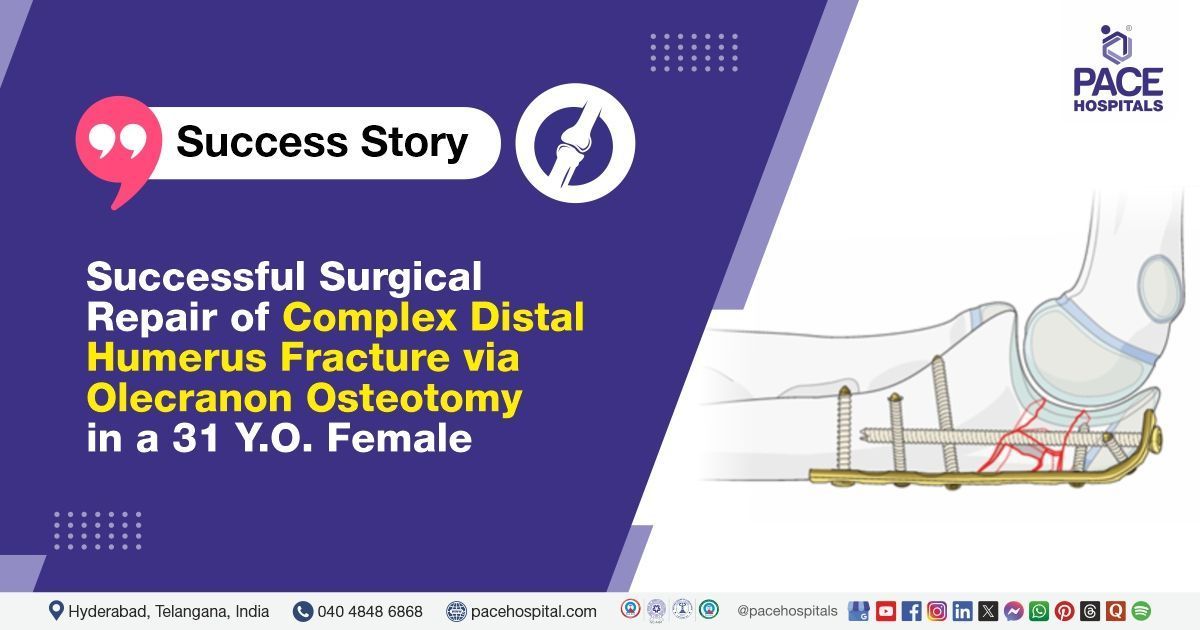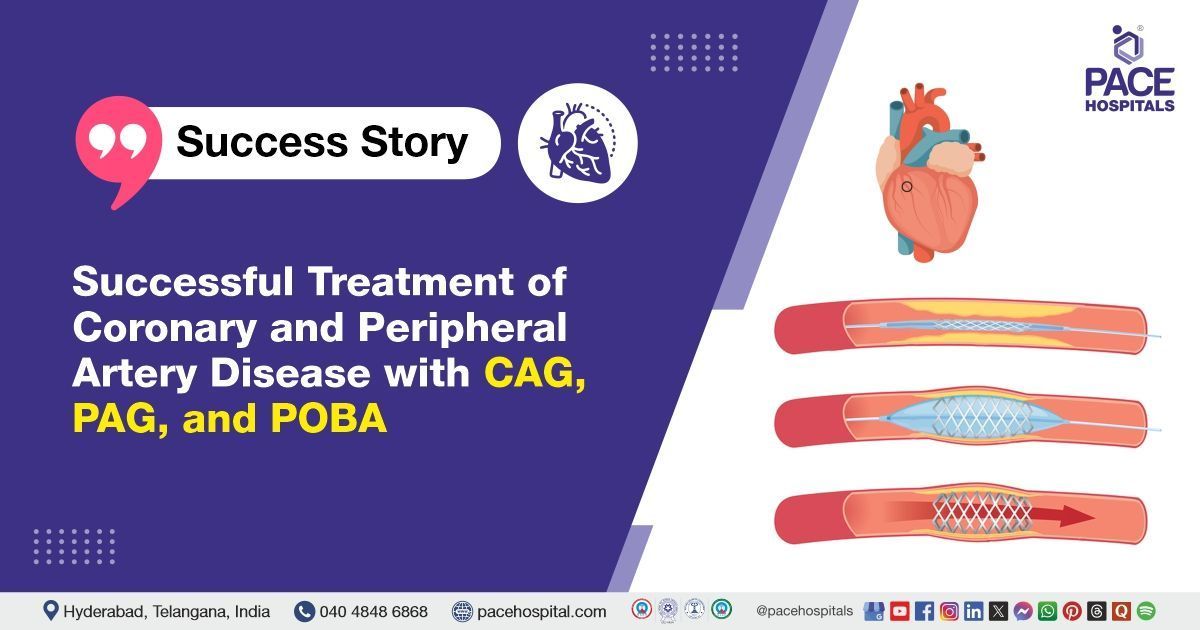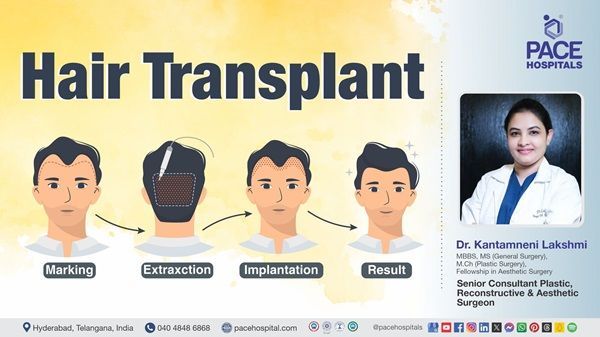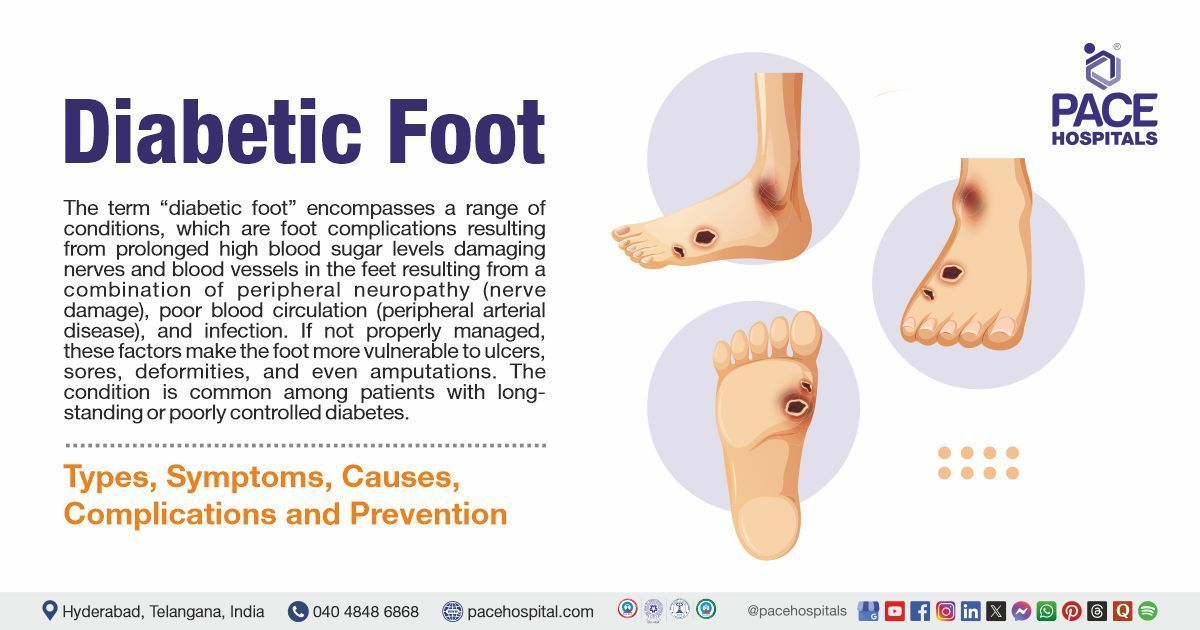Enhanced Quality of Life Post-POEM Surgery for Dysphagia Patient
PACE Hospitals' Gastroenterology team successfully performed a POEM (PER ORAL ENDOSCOPIC MYOTOMY) procedure on a 44-year-old male with achalasia cardia type 2 (Eckardt’s score - 4), improving his ability to swallow and eat comfortably.
A 44-year-old male patient with complaints of difficulty in swallowing both liquids and solids for 10 years, occasionally associated with vomiting, was admitted to PACE Hospitals, Hyderabad for further treatment.
Medical History
Delving further, it was understood that the patient had been experiencing difficulty in swallowing both liquids and solids for 10 years, occasionally associated with vomiting which led to his admission to the PACE Hospitals for additional care and management.
Diagnosis
The patient had undergone an upper gastrointestinal endoscopy (UGIE) and manometry outside the hospital. Upon being admitted to PACE Hospitals and understanding the history, physical examination and evaluating the diagnostic investigations, the patient was diagnosed with:
- Achalasia cardia type 2 (Eckardt's score - 4), A condition in which the muscles in the lower region of the oesophagus do not relax adequately, causing difficulties swallowing. The Eckardt's score assesses the severity of Achalasia by allocating points for symptoms such as trouble swallowing, chest pain, weight loss, and regurgitation.
Treatment
After consultations with the team of therapeutic endoscopists - Dr. Govind Verma, Dr. Raya Venkatesh Reddy, and consultant gastroenterologist Dr. M Sudhir, it was determined that a Peroral Endoscopic Myotomy (POEM) procedure was the most effective method of treating the patient.
POEM is an endoscopic therapy for Achalasia that uses upper endoscopy rather than conventional surgery, which involves an incision in the skin. In patients with Achalasia, the lower oesophageal sphincter is too tight. The goal of treatment for Achalasia is to loosen the lower oesophageal sphincter and open up narrowed areas of the esophagus.
It is performed with an endoscope, a narrow flexible tube with a camera inserted through the mouth (peroral) to cut muscles in the esophagus (myotomy) to treat swallowing disorders caused by muscle problems such as spasms. Cutting the muscles loosens them and prevents them from tightening and interfering with swallowing.
After the necessary investigations were done and clearances were obtained along with the cardiac fitness and pre-anesthesia checkup (PAC), the patient was administered intravenous antibiotics, and later, the POEM procedure was performed successfully without any complications.
Aftermath
Post-surgery, the patient was kept on NBM (nil by mouth - without food or drink) for two days. The necessary medicines were given as supportive care.
The oral gastrografin test was completed, and it indicated a smooth passage of gastrografin across the gastroesophageal junction without any significant retention and leaks, which resulted in a successful procedure outcome.
The patient was managed with intravenous (IV) fluids, antibiotics, antifungals, and other supportive management. The patient began to experience symptom improvement gradually, and a liquid diet was started.
The patient was discharged with follow-up instructions. The patient was advised to follow a liquid diet for four days, followed by a semi solid diet for the next four days, and then a normal diet as advised. The patient was also instructed to contact PACE Hospitals in case of fever, abdominal pain, or vomiting.
After one month, the patient was asked to get a review by Dr. Govind Verma about the status.
Preoperative preparation for POEM patients
All patients who present with suspected Achalasia are thoroughly evaluated to make an accurate diagnosis and rule out other possibilities such as gastro-oesophageal reflux disease (GERD) and pseudo-achalasia. They are also subjected to upper gastrointestinal endoscopy and high-resolution manometry (HRM), which is performed with a solid-state high-resolution esophageal manometry catheter. Where HRM was not achievable, a clinical diagnosis of achalasia is made using a combination of endoscopic and radiological evidence. Preoperative Eckardt scores for all patients are recorded as an objective assessment of postoperative symptom improvement.
All patients undergo an upper gastrointestinal endoscopy one day before the planned POEM. This enables diagnosis reconfirmation, preoperative mucosotomy planning, and esophageal washing of any remaining food residue. The patients are kept on a liquid diet the night before the surgery. A standard preoperative evaluation is carried out to determine fitness for surgery. Surgically fit individuals with confirmed Achalasia are then counselled by providing a choice of Peroral Endoscopic Myotomy (POEM).
Share on
Request an appointment
Fill in the appointment form or call us instantly to book a confirmed appointment with our super specialist at 04048486868

